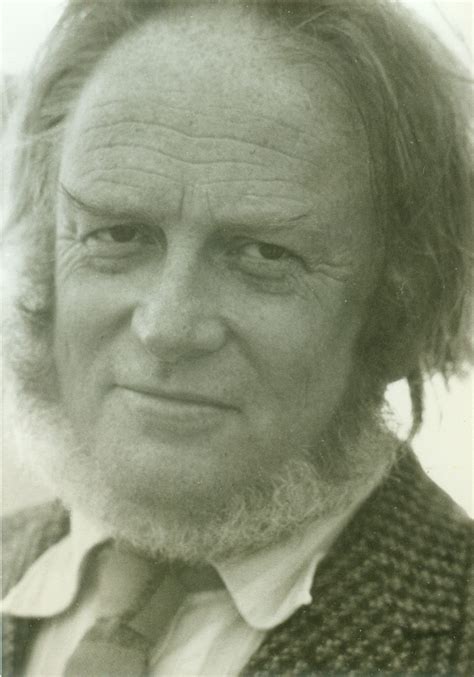A Quote by Robert Southwell
Man's mind a mirror is of heavenly sights,A brief wherein all marvels summèd lie,Of fairest forms and sweetest shapes the store,Most graceful all, yet thought may grace them more.
Related Quotes
Grace is in a great measure a natural gift; elegance implies cultivation; or something of more artificial character. A rustic, uneducated girl may be graceful, but an elegant woman must be accomplished and well trained. It is the same with things as with persons; we talk of a graceful tree, but of an elegant house or other building. Animals may be graceful, but they cannot be elegant. The movements of a kitten or a young fawn are full of grace; but to call them "elegant" animals would be absurd.
Grace is always natural, though that does not prevent its being often used to hide a lie. The rude shocks and uncomfortably constraining influences of life disappear among graceful women and poetical men; they are the most deceptive beings in creation; distrust and doubt cannot stand before them; they create what they imagine; if they do not lie to others, they do to their own hearts; for illusion is their element, fiction their vocation, and pleasures in appearance their happiness. Beware of grace in woman, and poetry in man -- weapons the more dangerous because the least dreaded!
Brutes gaze on sights, they are arrested by sounds; and what they see and what they hear are sights and sounds only. The intellectof man, on the contrary, energises as well as his eye or ear, and perceives in sights or sounds something beyond them. It seizes and unites what the senses present to it; it grasps and forms what need not be seen or heard except in detail. It discerns in lines and colors, or in tones, what is beautiful and what is not. It gives them a meaning, and invests them with an idea.
The beauty of man's being, fashioned as he is in the fairest of forms, demonstrates the existence of the Maker, while at the same time the fact that, together with his comprehensive abilities, lodged in that fairest of forms, he soon declines and dies, demonstrates the existence of the resurrection.
My favorite was the one about 'Snow White'. Those funky little guys with the beards. The poisonous apple. And that cool mirror the evil stepmother used to talk to. You know, she'd ask it all these questions: Who's the nicest? Who's the sweetest... Who's the fairest of them all? And for a while, everything was hunky-dory.
Painting dissolves the forms at its command, or tends to; it melts them into color. Drawing, on the other hand, goes about resolving forms, giving edge and essence to things. To see shapes clearly, one outlines them--whether on paper or in the mind. Therefore, Michelangelo, a profoundly cultivated man, called drawing the basis of all knowledge whatsoever.
In those same decades, most UFO sightings were made in the daytime and frequently at close range, when shapes and surface features could be distinguished, thus making positive identification of normal sights easier and the descriptions of unusual sights more detailed. When all normal explanations had been eliminated, the witnesses could concentrate on those aspects of the experience which were most abnormal.
In youth it is the outward aspect of things that most engages us; while in age, thought or reflection is the predominating qualityof the mind. Hence, youth is the time for poetry, and age is more inclined to philosophy. In practical affairs it is the same: a man shapes his resolutions in youth more by the impression that the outward world makes upon him; whereas, when he is old, it is thought that determines his actions.
Nature herself has not provided the most graceful end for her creatures. What becomes of all these birds that people the air and forest for our solacement? The sparrow seems always chipper, never infirm. We do not see their bodies lie about. Yet there is a tragedy at the end of each one of their lives. They must perish miserably; not one of them is translated. True, "not a sparrow falleth to the ground without our Heavenly Father's knowledge," but they do fall, nevertheless.






































